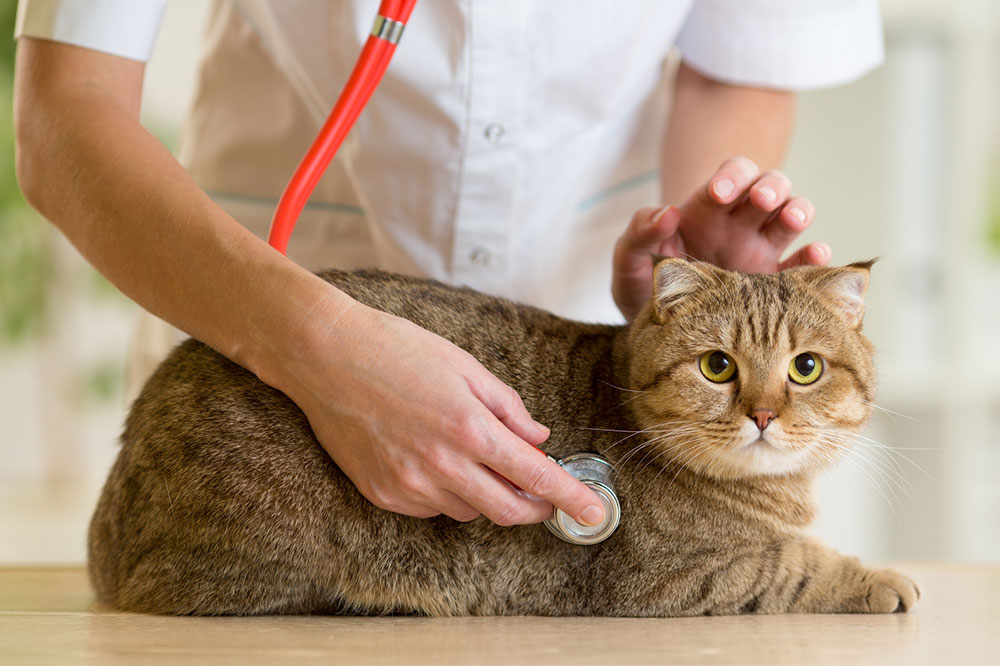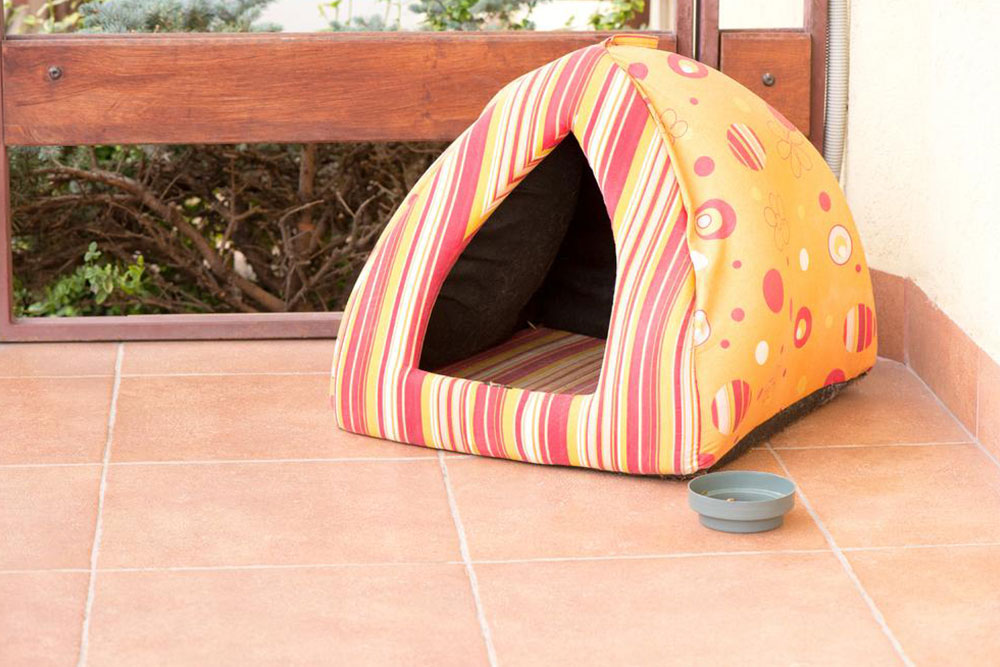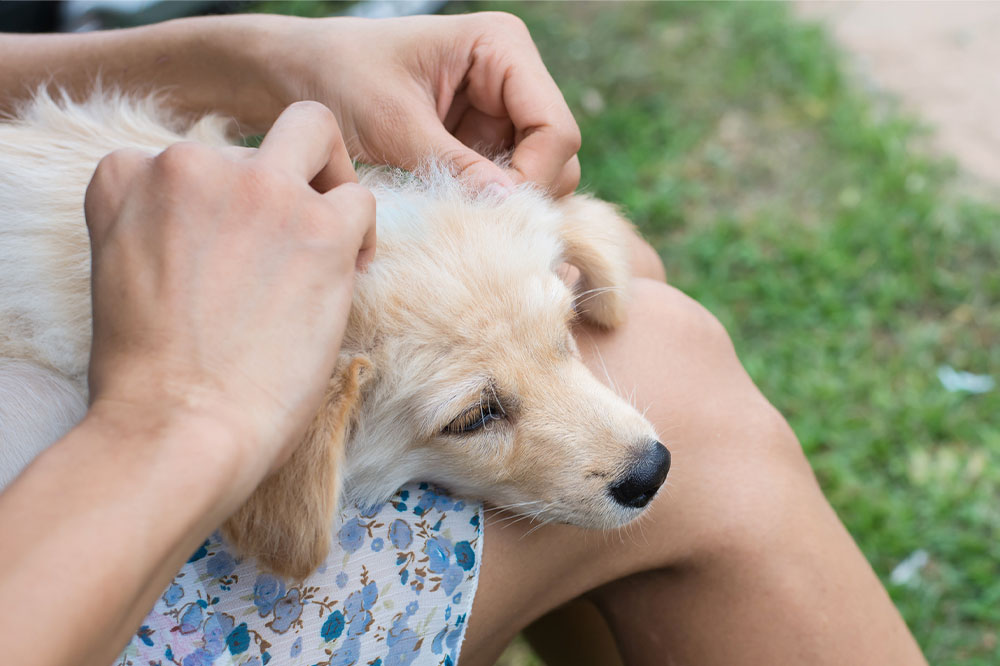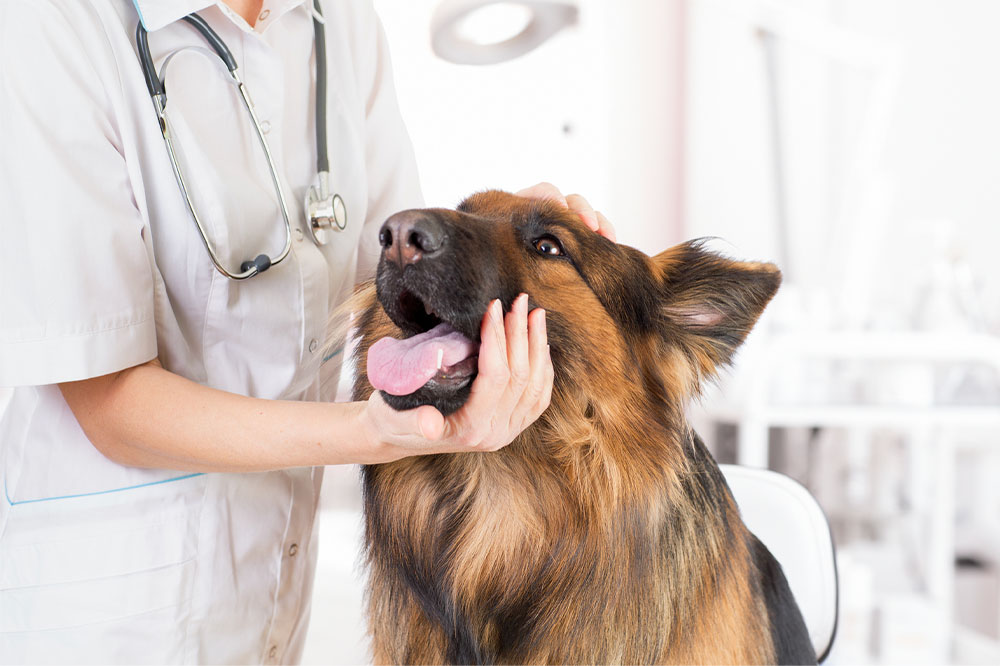Top 6 Health Concerns Every Cat Owner Should Know
This article highlights six common health issues in cats, including respiratory infections, diabetes, gastrointestinal problems, parasites, FeLV, and urinary tract disorders. Recognizing symptoms early and seeking veterinary care can greatly improve your cat’s well-being. Maintains preventive measures such as indoor living and routine checkups to keep your feline friend healthy and happy.

Many pet lovers have cats or know someone who does. Cats are beloved companions, and caring for their health is essential. Unfortunately, cats are susceptible to several common health issues throughout their lives. Recognizing these conditions early can help you respond promptly and ensure your feline friend gets the necessary treatment. Here are six prevalent health problems in cats:
Respiratory Infections
These infections affect the respiratory system, mainly the nose and throat. They spread through sharing dishes, sneezing, or grooming. Infected cats can carry the virus for life. Keep cats indoors and limit interaction with sick animals to prevent infection.
Diabetes
Diabetes results from insufficient insulin or resistance to it, leading to high blood sugar levels, called hyperglycemia. If untreated, it can cause serious health issues. Fortunately, it is manageable with insulin therapy.
Digestive Disorders
Common gastrointestinal issues include diarrhea, vomiting, and constipation. Causes range from food allergies and parasites to irritable bowel syndrome. Any change in appetite or bowel habits warrants veterinary consultation.
Parasitic Worms
Internal worms like tapeworms, roundworms, and hookworms can cause symptoms such as vomiting and anemia. Prevent exposure by avoiding sick animals and rodents and seek veterinary care if worms are suspected.
Feline Leukemia Virus (FeLV)
This virus weakens the immune system, making cats vulnerable to other diseases. It often shows no early signs but can be transmitted via bodily fluids or from mother to kitten. Testing new or sick cats is recommended.
Urinary Tract Disorders
Conditions like FLUTD cause painful or blocked urination, especially in male cats. Signs include difficulty urinating, blood in urine, or discomfort. Immediate veterinary attention is essential for treatment, which may involve medication or natural remedies.
Note: Our blog provides helpful information across various topics, but it’s not a substitute for professional veterinary advice. Always consult your vet for diagnosis and treatment options. The site’s content might not cover all available services or products.










